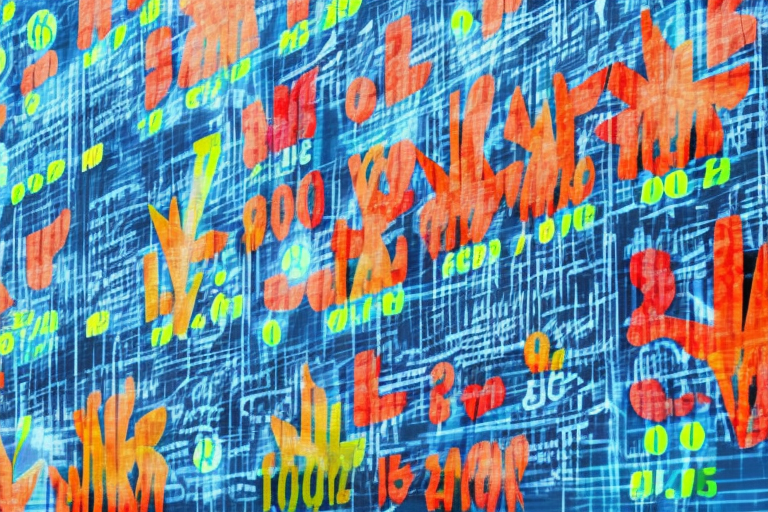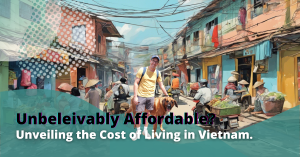High-yield savings accounts have long been popular with expats, and they are becoming increasingly popular in Vietnam. This is because Vietnamese banks offer some of the highest interest rates in the world, while still providing fairly easy access to your money. With interest rates ranging from 5% to 6.85%, why wouldn’t you want a guaranteed return on your savings?
Also, the risk is low, right, so it’s easy money. Other than locking some of your cash away for a short stint (anywhere between 3-12 months), there really aren’t any downsides. Or are there?
Downsides of high-yield savings accounts
The attraction of higher interest rates and money market funds has shown us all that cash as an asset class should never be underestimated. It is a vital part of financial planning and undoubtedly the centre of money management strategies for individuals nearing or in retirement. Unfortunately, however, these guaranteed returns have also seized the younger generations longing for security and risk-free investments when, maybe, they should be looking elsewhere.
By elsewhere, I do mean investing in the stock market. I know it can be scary and that the market is volatile, but the want for security shouldn’t make you miss out on other opportunities. For example, this year alone the S&P 500 has increased over 15%, the NASDAQ composite has returned +29% and the World Index (representing 1500+ companies over 23 developed countries) has increased over 19%.
Now, of course, you have to strike the right balance between your financial situation, future outlook, risk tolerance and the opportunities that you want to take. But, you can’t let the safety of fixed returns blind you from making any excess money work for you over the long run.
You can see there I used the term excess money. If you’ve ever had a sit down with me you’ll know that I preach the importance of having a good amount of savings. Savings are essential to your personal finance journey; they act as a buffer against emergencies and help you cover upcoming expenses without digging into emergency cash. But you also have to strike a balance between saving, guaranteed returns through high-yield savings accounts and seizing long-term opportunities.
Now you might ask, “Patrik, are there any other risks or downsides in locking my money away in a Vietnamese bank?”
“Good question”, I’d answer. “There are.”
Interest Rate Risk
Interest rate risk is the risk that the interest we receive on money in a high-yield savings account is less than the interest we can get elsewhere, with either the same or lower exposure to risk.
Operational Risk
Operational risk is the risk of loss due to errors, interruptions, or damages caused by people, systems, or processes. While this risk is usually low in the banking industry, as expats we know that banking in Vietnam doesn’t come without it’s own set of headaches.
Inflation Risk
This is the risk that the prevailing rate of inflation exceeds the interest payable on the account, so the real rate of interest will be negative. For example, if the high yield savings account gives us a 6% return, but inflation in Vietnam is running at 8%, we’re actually losing 2% on our savings.
Currency Risk
This is a form of financial risk that occurs from the potential change of one currency in relation to another. With regards to saving your money in VND, savers run the risk of the Vietnamese Dong losing value against other major currencies such as the EUR, GBP, USD or AUD. Similar to inflation risk, the real rate of return could be negative due to currency changes.
Lastly and probably most importantly;
Regulation Risk
Regulation risk is the effect of a change in laws and regulations that could materially impact you as an individual. For expats in emerging markets, regulation risk often comes in the form of banking restrictions that can make certain practices illegal, or otherwise affect the access we have to your money. Not an unknown concept for us!
To Sum Up
Personal finance is hard because the landscape on which our financial journey takes place is forever changing. One year interest rates will be crazy high, another year we’ll be in a recession, and in yet another NFTs may rule the world. The only thing we can do is remain flexible, keep up to date with financial changes and not put all our financial eggs in one high-yield savings account basket.


